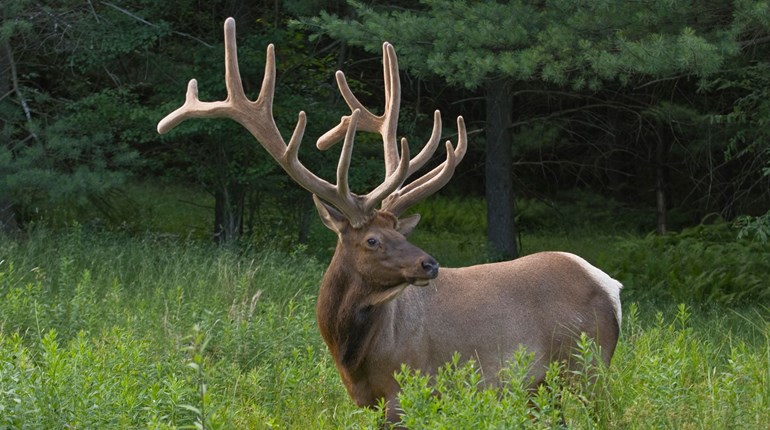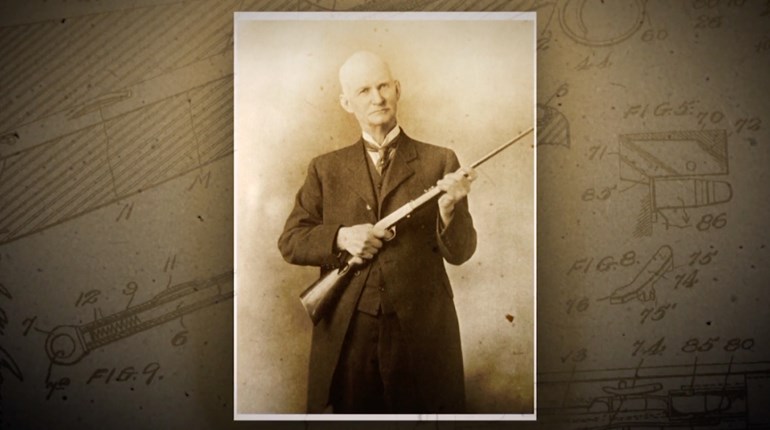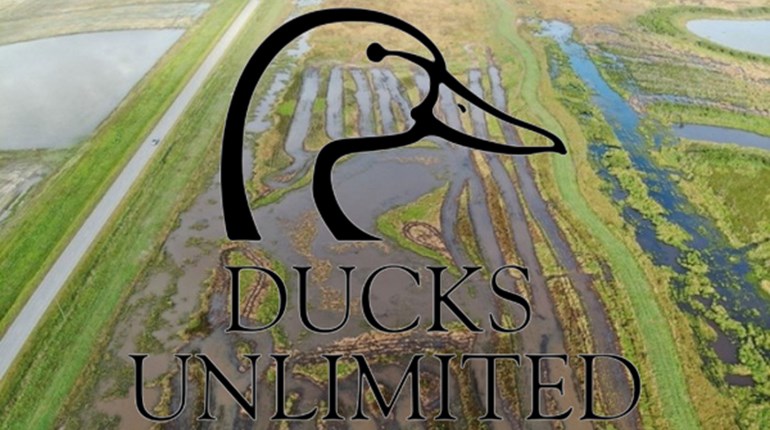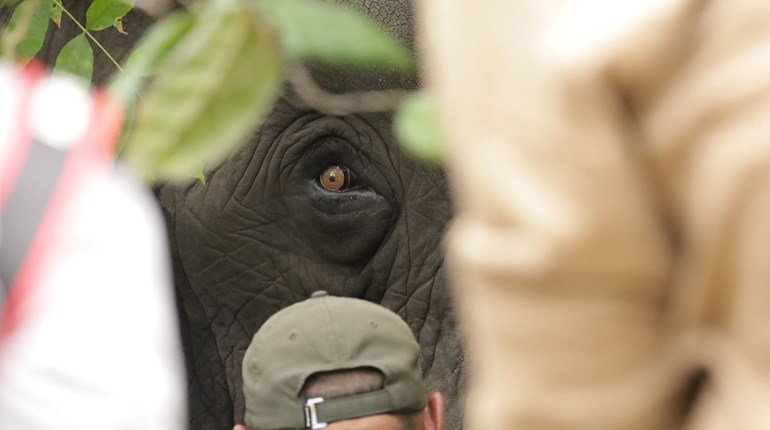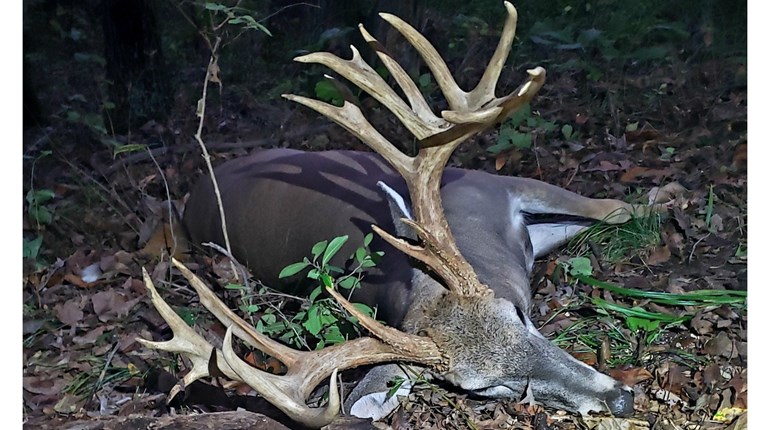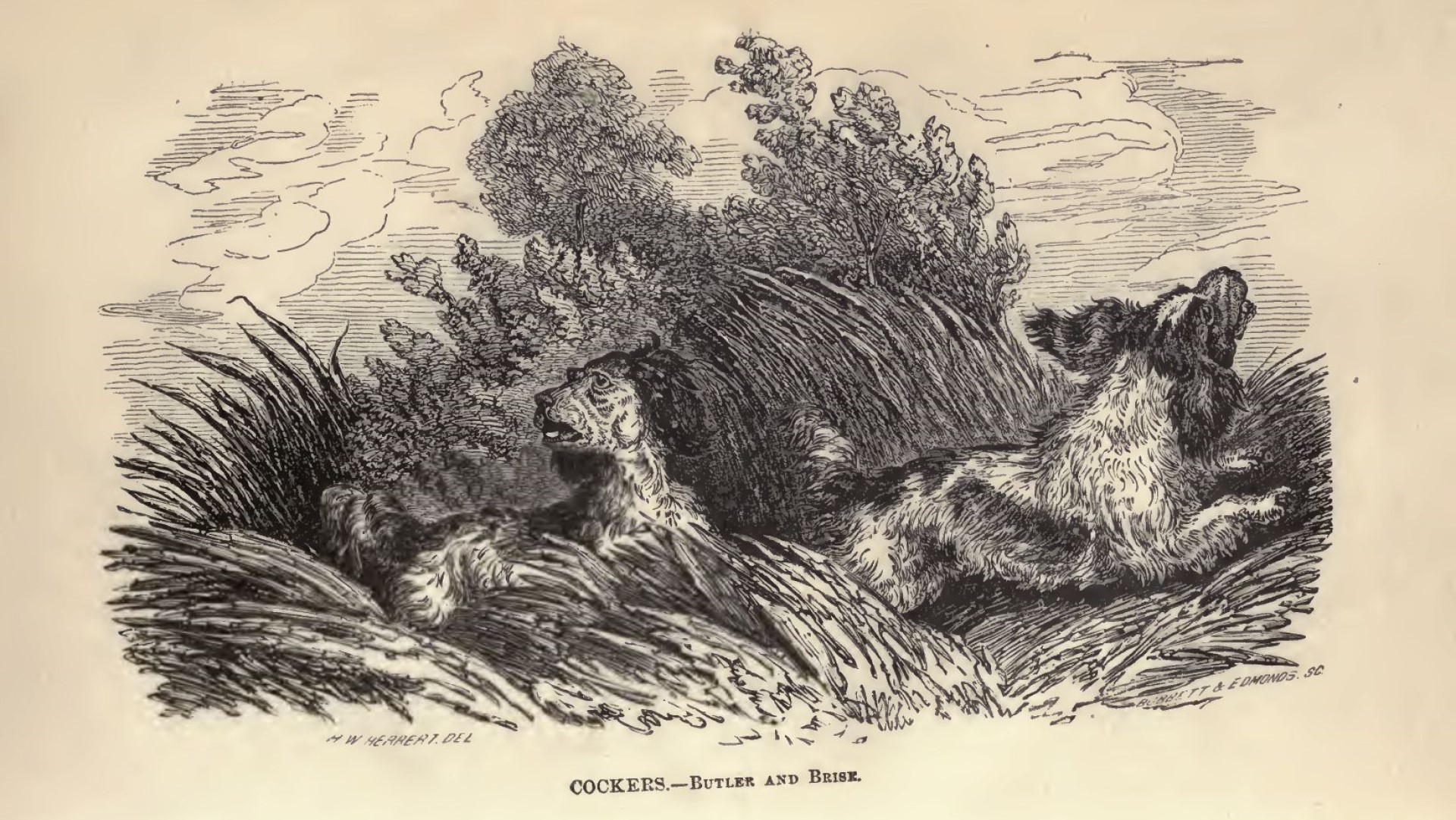
If you’re a hunter, you’ve probably daydreamed a time or two about hunting during pioneer times when game populations in North America were at an all-time high, particularly white-tailed deer, wild turkeys and waterfowl. By all historical accounts the hunting was indeed spectacular, but ultimately unsustainable. Even by the early 1800s, game populations were beginning to ebb due to a combination of unregulated hunting—no seasons, no bag limits—and habitat destruction.
For instance, in the state of Ohio alone, 95 percent of the land was once graced by virgin forest; but that covering of huge trees was reduced to just 11 percent within a century, taking the deer and turkeys with it. Yet hunting continued unrelentingly, with some species hunted to extirpation, while a few others, such as the passenger pigeon, were hunted to extinction. Such was the case in most if not all states east of the Mississippi. And what’s worse, that pattern of destruction would soon be repeated west of the Mississippi, the massive millions of buffalo (bison) being reduced to fewer than 1,000 animals.
Amidst this melee of free-for-all slaughter, 24-year-old Henry William Herbert (1807-1858) arrived aboard ship in New York City during the spring of 1831. Born into a family of British aristocracy, he was well educated, an excellent writer, poet, skilled outdoorsman and a particularly accomplished hunter and angler. However, early in life he had committed some sort of social indiscretion—the details of which are lost to history—and as a result his family had banished him to America.
Herbert was determined to use his literary talents to become famous in the U.S. as a novelist so that his family would forgive him and he could someday return to England. But as his writing career was slow getting started in the States, a sportsman friend of his, William T. Porter, editor of American Turf Register and Sporting Magazine, encouraged Herbert to begin writing about the subjects he knew best—good advice for any aspiring writer. Herbert, however, was reluctant to write about “field sports,” as he believed it might lessen his stature as an author of “serious literature.”
Nevertheless, he had bills to pay, so he "gave it a go," as the Brits say, adopting the pseudonym Frank Forester. Ironically, it was his writing about hunting and fishing that would ultimately make him famous both in America and England.
Considering himself a “gentleman sportsman,” and embracing the strict hunting code of ethics that had been impressed upon him in England by his elders, Herbert was appalled at what he observed happening in America concerning hunting and wildlife. In addition to gentlemen sportsmen such as himself, of which he counted few, he noted two other types of hunters.
Subsistence or “meat” hunters, as he labeled them, were those people hunting year-round to put food on the table. He believed hunting during all seasons of the year was wrong, especially during the months when game animals were breeding, but he also understood that not everyone was as fortunate as he was to have been born into wealth.
The second group of hunters, which he absolutely despised, were market hunters; those men who killed as many game animals as they could, any way they could, to sell for profit. Market hunting was legal at the time, but the practice, as Herbert saw it, was quickly and steadily destroying America’s wildlife.
In his 2001 book titled American Sportsmen and the Origins of Conservation, author John F. Reiger points out that Herbert/Forester was also one of the first outdoor writers to call attention to the environmental devastation occurring due to the settling of the United States.
“Like so many anglers and hunters, Herbert hated the American obsession with ‘progress’ that was causing such rapid destruction of the natural world. For example, in Frank Forester’s Fish and Fishing of the United States and British Provinces of North America (1849), he exclaimed: “Modern improvements—heavens! How I loathe that word!”
What Frank Forester ultimately developed and championed, along with other gentlemen sport hunters of the day, was what came to be known as the “Code of the Sportsman,” calling for, among other things:
- The outlawing of market hunting and market fishing
- That game animals be allowed to breed unmolested (during closed hunting seasons)
- That game animals be taken only by “fair means” and with restraint (bag limits)
- That nongame animals be protected at all times
- That wild lands be preserved for the survival of wildlife and enjoyment of sportsmen
It would be a long slog, but all those goals and more would eventually be accomplished ... just not in Forester’s lifetime. The Migratory Bird Treaty Act of 1918 abolished market hunting, and the Lacey Act of 1900 prohibited trade in wildlife, fish and plants that have been illegally taken, possessed, transported or sold.
As modern-day hunters, we now take those basic game laws for granted, realizing that they serve the dual purposes of protecting wildlife and ensuring the future of sport hunting. But we should remember, too, that we enjoy the privilege of hunting each autumn because of such forward-thinking men as Frank Forester. Had it not been for him and other conservation visionaries that followed in subsequent years, such as Theodore Roosevelt and George Bird Grinnell, there likely would be little wildlife left in America today.
Unfortunately, Henry William Herbert’s later life was not a happy one. Though he had become a well-known, influential writer as he had hoped, he never returned to England. Both his wife and daughter died in 1844. He remarried 15 years later, but his new wife filed for divorce just three months later.
Living in a hotel in New York City and deeply depressed, Herbert invited several men to join him for dinner one evening but only one accepted, Philip Hone Anthon, a former acquaintance of Herbert’s. Anthon later said he had accepted the invitation because “Herbert had complained of feeling very lonely because his wife had left him, and asked me to spend as much time with him as possible.” It was during this visit with Anthon that Herbert excused himself, went into an adjoining room, and intentionally shot himself, dying May 17, 1858, at 2:00 a.m.
In attempting to explain to the American hunter the ethics and responsibilities of sportsmanship, an editorial titled “What Constitutes a True Sportsman” appeared in the November 1872 issue of American Sportsman magazine, the editor quoting Forester and dubbing him the “prince” of sporting writers.
“It is not the mere killing of numbers, much less in the mere killing at all; it is not in the value of the things killed, though it is not sportsmanship, but butchery and wanton cruelty to kill animals which are valueless [as food] and out of season; it is not in the inevitable certainty of success—for certainty destroys the excitement, which is the soul of sport—but it is in the vigor, science [correct technique], and manhood displayed—in the difficulties to be overcome, in the pleasurable anxiety for success, and the uncertainty of it, and lastly in the true spirit, the style, the dash, the handsome way of doing what is to be done, and above all, in the unalterable love of fair play, that first thought of the genuine sportsman, that true sportsmanship consists.”













